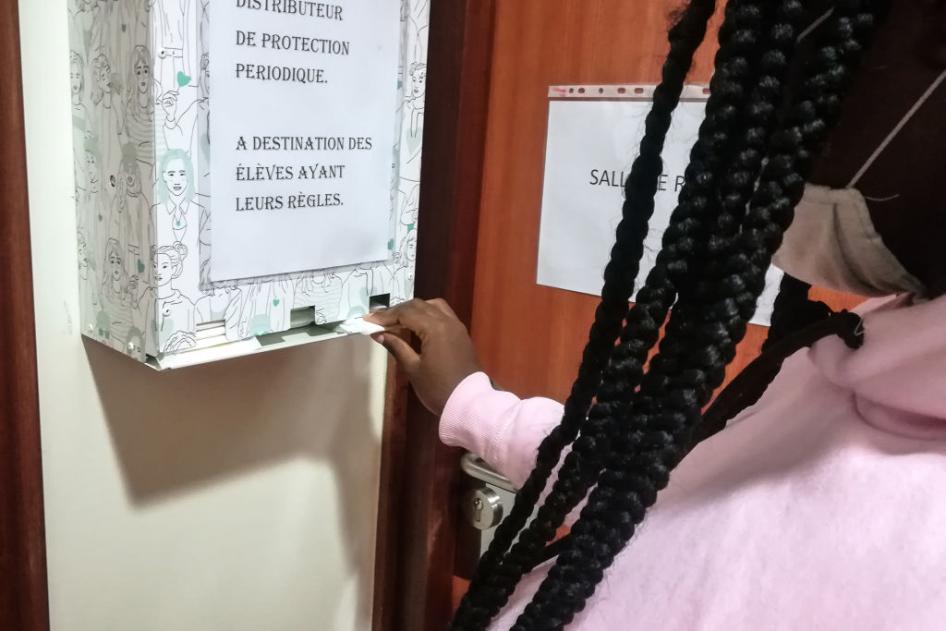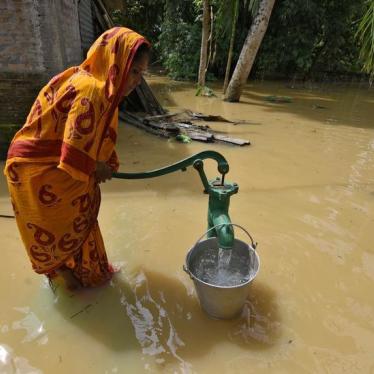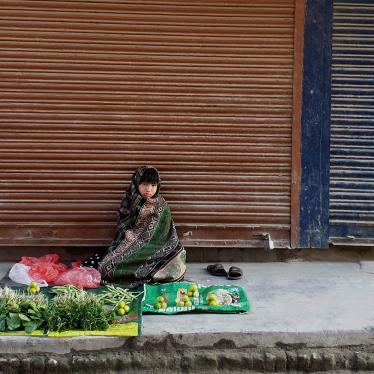Not long ago, talking about menstruation as a human rights issue raised eyebrows even within much of the human rights movement. The dismissiveness about the issue among many underscored both its stigma and the lack of decision-makers who menstruate.
Today, there is broad recognition that being able to manage periods with dignity can unlock the enjoyment of many human rights, such as to health, education, and a safe and healthy working environment. Legislatures around the world now have bills to advance menstrual equity, there is more research on the impacts of inadequate access to menstrual hygiene products and facilities, and conversations in schools and workplaces about the need to create environments that allow for people to manage menstruation with dignity are becoming easier.
The Covid-19 pandemic, and the resulting economic crisis and rise in inequality, threaten to roll back these gains, as access to the means to manage menstruation—like water or hygiene products—has become unaffordable for many struggling families.
Governments’ decisions during the pandemic have laid bare the human rights consequences of neglecting menstruation needs. As the pandemic and lockdown measures to contain it plunged the global economy into a severe contraction in 2020 and supply chains were disrupted, some governments’ initial failures to classify menstrual products as essential medical supplies resulted in making them prohibitively expensive. In some cases, high costs forced children into labor and played a role in compromising their right to an education. For example, a 14-year-old girl in Buikwe, Uganda told Human Rights Watch that she went to work during the pandemic to earn money to pay for menstrual supplies.
Understanding how such barriers to menstrual hygiene can interfere with human rights is crucial if governments are to equitably react to crises and their aftermath. While governments did not live up to their responsibility at the outset of the pandemic to protect rights of people who menstruate, some lawmakers, like US Representative Grace Meng, have since introduced rights-respecting measures that would further menstrual equity in the United States. Moving forward, governments around the world should prioritize restoring and significantly strengthening the implementation of measures that have marked progress in menstrual equity so that the rights of people who menstruate cannot be so easily overlooked and compromised in a future moment of crisis.











